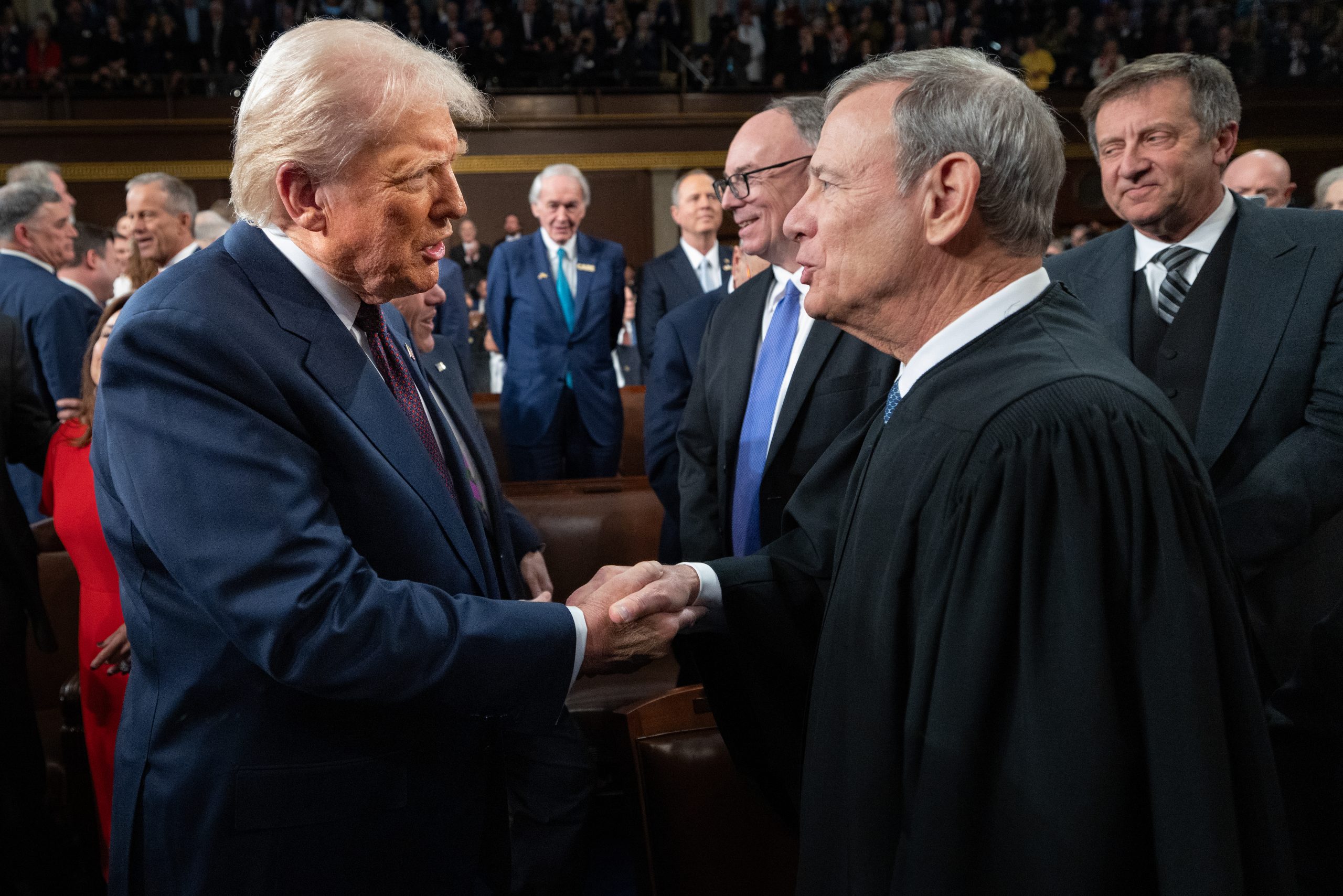President Donald Trump’s aggressive pursuit of expanded executive power has reached a critical juncture, with three cases potentially granting him unprecedented control over the US economy. The stakes are immense, raising serious questions about the balance of power and the future of American governance.
A Trifecta of Legal Challenges
Two cases already before the Supreme Court,
Trump v. V.O.S. Selections
and
Learning Resources v. Trump
, challenge the legality of Trump’s tariffs. A third is expected imminently. These tariffs, a hallmark of Trump’s second term, have been met with widespread legal opposition. At least ten federal judges have ruled that the president overstepped his authority in imposing these ever-shifting import taxes. Trump’s legal team, however, argues that these tariffs are essential for reducing the federal deficit, a claim which has yet to be independently verified on a large scale. The potential financial implications are staggering, with the tariffs affecting billions of dollars in trade.
Unprecedented Executive Overreach?
The core of the legal challenge hinges on the separation of powers – a cornerstone of the US political system. Critics argue that Trump’s actions represent a blatant attempt to circumvent Congress’s constitutional role in controlling fiscal and monetary policy. By claiming the authority to unilaterally impose tariffs on such a grand scale, Trump seeks to bypass the legislative process and consolidate significant economic power in the executive branch. Legal experts have expressed deep concern that a Supreme Court ruling in Trump’s favor would fundamentally alter the balance of power, potentially setting a dangerous precedent for future presidents.
The Supreme Court’s Delicate Balancing Act
The Supreme Court now faces a crucial decision with far-reaching consequences. The justices must weigh the president’s claims of executive authority against the established principles of checks and balances. A ruling in favor of Trump would not only validate his controversial tariffs but also potentially embolden future administrations to pursue similarly expansive interpretations of executive power. Conversely, a ruling against Trump would reinforce the limits on presidential authority, upholding the traditional separation of powers.
Conclusion: A Defining Moment for American Democracy
The outcome of these Supreme Court cases will have profound implications for the American economy and political landscape. The potential for an unprecedented concentration of economic power in the executive branch raises serious concerns about democratic accountability and the rule of law. The Supreme Court’s decision will serve as a significant test of its commitment to safeguarding the principles of the US Constitution and protecting the balance of power integral to a functioning democracy. The nation awaits the justices’ judgment with considerable anxiety. The repercussions, regardless of the outcome, are sure to shape the political discourse for years to come.
SOURCE INFORMATION:
TITLE: Trump asks the Supreme Court to give him total control over the US economy
DESCRIPTION: In a trio of cases, two currently pending before the Supreme Court and one that is likely to land on the justices’ doorstep as soon as Tuesday, President Donald Trump claims new powers that, if he prevails, would give him near-total control over all US fiscal and monetary policy. The first is the ongoing litigation […]
SOURCE: Vox
Based on materials: Vox





